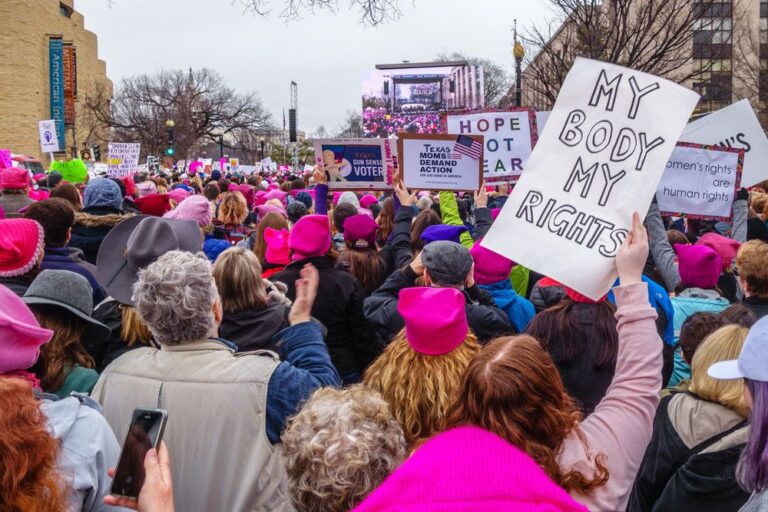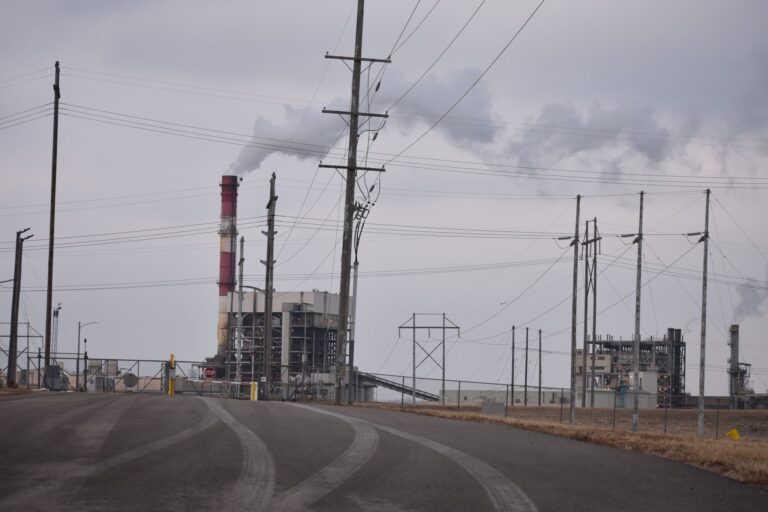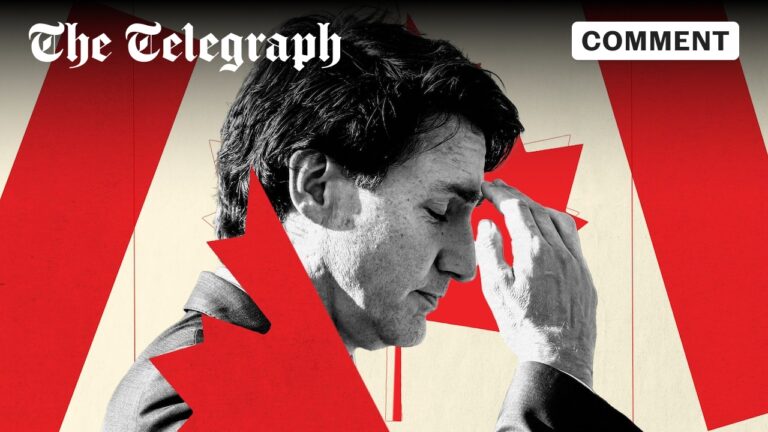Israel’s Political Landscape: A Guide to the Upcoming Elections
Navigating Israel’s Upcoming Elections: A Quick Guide
As we gear up for the looming elections in Israel, it’s like standing on the edge of a roller coaster—there’s excitement, anticipation, and a bit of anxiety all wrapped into one. With the political landscape shifting faster than sand on a beach, voters are in for a whirlwind ride. Let’s break down what’s happening. Who are the key players? What issues are on the forefront? And what can we expect as the votes are counted?
The Political Climate: A Brief Overview
Before digging into the candidates and their platforms, let’s get a sense of Israel’s current political atmosphere. Think about a jigsaw puzzle where every piece is jumbled up, and you need to find the corners to make sense of the picture. Israel has experienced a turbulent and often contentious political era in recent years, marked by multiple elections, scandals, and a diverse array of opinions that vary almost as much as the weather.
The recent election history has seen Netanyahu’s Likud party grappling with challenges, while various coalitions have risen and fallen. This is a moment ripe with potential changes—who will emerge victorious in this high-stakes game?
Who’s Running? The Key Players
Now, let’s get to the meat of the matter—who’s in the running?
1. Likud Party: Benjamin Netanyahu
Benjamin Netanyahu, often known as “Bibi,” has been a prominent figure in Israeli politics for decades. His party, the Likud, has weathered its share of storms. Loyal supporters hail him for strong leadership and a focus on security and economy. Critics, however, tie him to corruption allegations and political divisiveness. As the elections loom, will Bibi manage to consolidate his base or will dissent among the ranks prove troubling?
2. Yesh Atid: Yair Lapid
Next up is Yair Lapid from the Yesh Atid party. He’s got charisma and a knack for appealing to younger voters looking for a fresh perspective. Emphasizing social issues and a progressive agenda, Lapid’s vision resonates with many who seek change. But can he translate that appeal into votes?
3. Religious Parties: Shas and United Torah Judaism
Religious parties like Shas and United Torah Judaism cater primarily to the religious Jewish community. Their platforms often revolve around religious issues and social welfare, and although their influence can sometimes be underestimated, they wield considerable power in coalition governments.
4. Meretz: Nitzan Horowitz
For those who lean towards the left, there’s Meretz and its leader Nitzan Horowitz. The party is known for advocating for human rights, social justice, and environmental issues. They aim to secure a more equitable society but must overcome the challenges of maintaining their base while also bridging gaps with other leftist groups.
5. The Arab Parties: Joint List
The Joint List is a coalition of several Arab parties, representing a significant segment of Israel’s population. Their issues often focus on civil rights, equality, and socioeconomic development. With the Israeli political system often marginalizing Arab voices, how they fare in this election will be indicative of broader societal shifts.
Major Issues at Play
As voters step into the voting booth, several pivotal issues will sway their decisions. Here’s what’s buzzing:
1. Security Concerns
In a country marked by ongoing disputes, security is always at the forefront. Whether it’s dealing with threats stemming from neighboring regions or internal factions, how candidates address these issues is crucial. Voters are likely to question each candidate’s ability to maintain stability.
2. Economy and Cost of Living
Let’s face it—money talks. Rising costs of living and inflation have been hot topics throughout Israel. How candidates plan to address these economic challenges could shape public perception and influence election outcomes.
3. Social Inequality
From healthcare to education, many citizens feel the pinch of inequality. Candidates must appeal to the basic needs of the people. Voter concerns around social justice and efforts for reform will play a significant role in determining whom they trust to enact change.
4. Religious and Cultural Identity
Considering Israel’s complex identity, religious and cultural discussions are as vibrant as ever. The balance between secularism and religious practices is a significant factor driving conversation in this election.
5. Foreign Relations
Last but not least, how candidates approach foreign relations—particularly with the U.S. and neighboring Arab countries—could be pivotal. The international community’s view of Israel, and how it impacts daily life for citizens, is everything.
The Game Plan: Coalition Dynamics
In Israel’s parliamentary system, winning a majority isn’t just about the most votes—it’s about coalitions. Picture a dance floor where different partners mix and match throughout the night.
No single party has ever held a clear majority, making coalition-building essential. This means that the alliances post-election can often change the entire dynamic of governance. Voters are aware that their choice may be swayed not just by their first pick but also by who they can team up with afterward.
The Timing: Mark Your Calendars
If you’re like most people, you keep an eye on the calendar. In Israel, the elections are scheduled, but don’t be surprised if unexpected changes occur. As political narratives evolve, so too might the date. Be sure to keep your ears to the ground to stay updated on any developments.
Conclusion
The upcoming elections in Israel are shaping up to be more than just a regular affair—they’re a crucial opportunity for citizens to voice their desires and demands amidst a chaotic political landscape. As alliances are formed, platforms are contested, and citizens head to the polls, one thing’s clear: the stakes have never been higher.
Whether you’re a die-hard supporter or a casual observer, the dynamic nature of Israeli politics guarantees you won’t want to miss a moment. Keep your eye on the news, engage with various viewpoints, and remember that your voice matters in shaping the future.
FAQs
1. What date are the elections scheduled for?
The elections are currently scheduled for [insert date], but dates can change based on political developments.
2. How does coalition government affect voters?
Coalition governments can change the dynamics of policies and proposals, impacting the issues of importance to voters based on the parties that shape the coalition.
3. Why is security a major issue in these elections?
Given the ongoing tensions in the region, security is a primary concern for many voters who want to ensure their safety and that of their families.
4. What role do religious parties play in Israeli politics?
Religious parties often influence key legislation related to social issues and have significant sway in coalition-building due to their control of parliamentary seats.
5. Can a candidate’s stance on the economy affect their chances of winning?
Absolutely! Economic concerns, such as cost of living and job opportunities, are critical issues that can sway public opinion and voting behavior.







